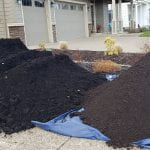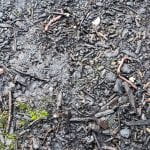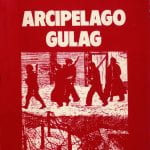Day 7, a full week. This is my first year as a “slicer,” so wasn’t sure what to expect. I’ve seen a bunch of Tuesday slices over the years, primarily from #clmooc compatriots, and have been… well, chicken to try it for myself. The experience has been freeing! I tend to become way too pedantic in my posts in this space, citing numerous sources, providing evidence of my claims. Which is a laudable habit for formal writing.
#SOL has a much more casual air, with writers talking about many topics, from the mundane to the profound. In a few words, or in many.
I spend a lot of time telling my teen writers that we are writing “for fun” with flash fiction assignments, everything from six-word stories to 100-word stories based on an image/picture. Initially, students are reluctant to embrace the “fun” part, and agonize over their stories being “right” or “good.” I hope (and think) they are learning this kind of writing truly is fun, allowing us to let our imaginations go, to be as crazy, dark, goofy, cliff-hangerish as we want. A few examples:
“I saw the lives of all three flash before my eyes as they ate. In the corpulent, red face of the emperor, I was afraid, as I saw greed in his small black eyes, as he shoveled food down his maw. The king was of more refined corporeality, although his haughty gaze glared with the contempt of ignorance of life’s struggle, and the discontent with luxury. But of the peasant mans face, , I saw nothing but simple happiness, for his was dinner hard worked for, and the omniscience of his world in his eyes made his dinner taste the best.”
“With flurries in their eyes, and chills through their bones, they trudged forward. Stinging pains crept through their whole body, when they finally saw billowing smoke in the distance. Like a rose amongst jasmine, a scarlet cottage had been hidden in the icy dunes. The house had a golden glow coming from its lone window, but oddly, not a single door. As they took a step onto the frozen pond to reach the house, they began to flip, along with the whole landscape. The cottage’s grayed reflection in the pond had spun upright taking them to the warm world beneath.”
“How can I describe this family? The Mashes had a buttery way about them, sometimes they were salty about things, but always a pleasant treat.”




